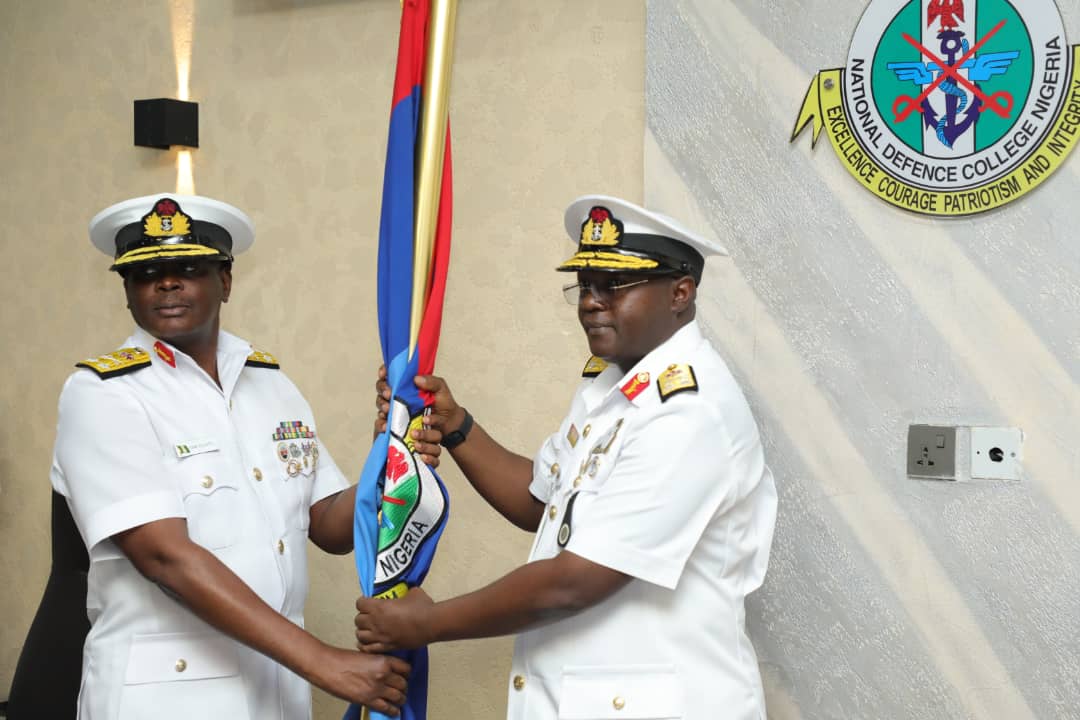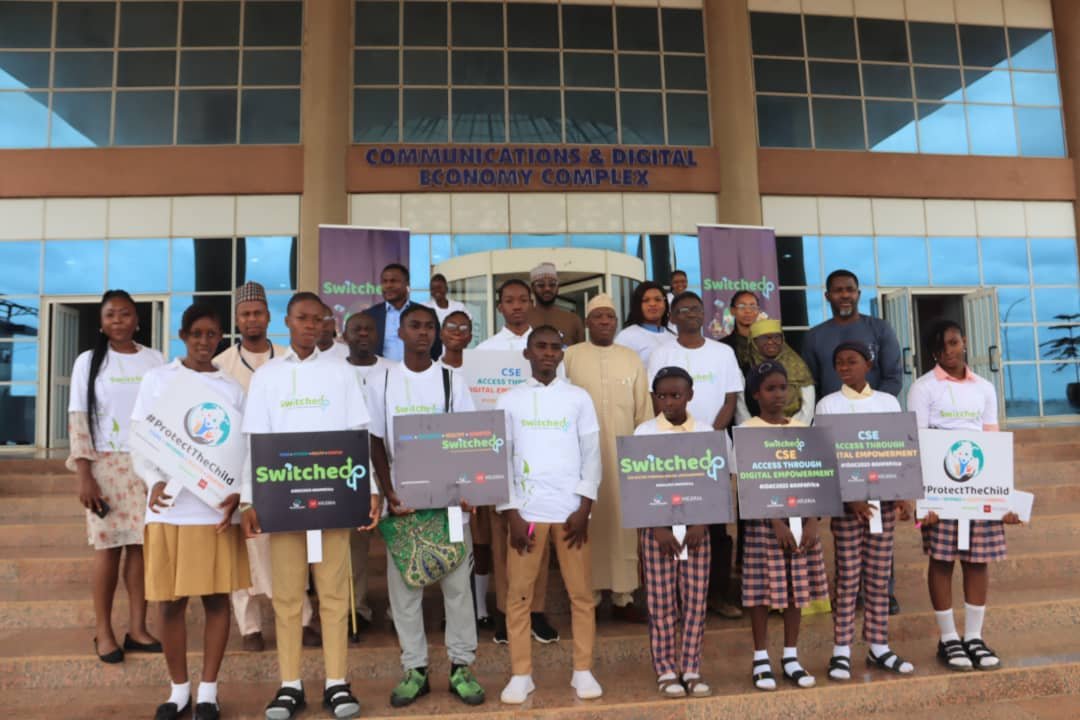231 total views today
By Vivian Ihechu
As part of efforts to address the immediate food security requirements of member countries, the Executive Committee of the Arab-Africa Trade Bridges (AATB) Programme, a multi-donor, Inter-regional programme, has unveiled a US$1.5 billion Food Security Programme.
The hybrid unveiling took place at the headquarters of the African Export-Import Bank (Afreximbank) in Cairo on July 6.
The programme has the specific focus to ensure the resources for a consistent and reliable supply of essential food commodities for the Arab and African regions amidst the ongoing global food security crisis.
The News Agency of Nigeria (NAN) reports that the crisis is a critical challenge facing the world and continues to be a top priority on the international development agenda.
By emphasising its special interest in the food sector, AATB aims to leverage its expertise, resources, and partnerships to implement targeted engagements that address the specific challenges faced by member countries.
The Food Security Programme is developed around the four pillars of the AATB Programme, namely Trade, Investment, Insurance, and Infrastructure.
In addition, the programme incorporates a fifth element, which is capacity development and technical assistance, serving as a cross-cutting theme and an enabling factor.
Prof. Benedict Oramah, President and Chairman of the Board of Directors of the African Export–Import Bank (Afreximbank), commended the AATB, which he chairs the executive committee.
He said that the committee is committed to supporting production across Africa as the continent was lagging behind.
According to him, Africa needs to deal with the very difficult challenges that it is facing because of food prices that are afflicting many parts of the world.
He said: “The global food security situation has been worsened recently. First, by the lockdowns, caused by the COVID-19 pandemic, which caused difficulties, all across Africa.
“Then Ukraine crisis compounded the problem by restricting access to grains that used to come from the Black Sea area, and also the fertilisers that were normally used to support production across Africa.
“ So, a continent that was lagging behind in terms of the fertiliser now found itself where production in many places could not take place because of lack of access to fertiliser.
“We recognise that in some parts of Africa, there are production going on and in fact, excess supply, but quite a large part of the continent, especially in the eastern and southern Africa area, shortages remain.’’
Oramah noted that of recent, the climate crisis had also become a big challenge to the continent, especially those living in the Sahel area, East Africa.
“And so, we’ve seen droughts and seen extreme weather, flooding, and so on, impacting production of food in those areas.
“It is estimated by different groups that more than 50 million Africans might be facing starvation because of lack of access to food.
“ It is on account of this that the Arab Africa Trade Bridges considered the matter.
“And as we have done in the past, especially during the COVID -19 pandemic, when we launched the collaborative trade pandemic response facility, decided that as a programme, we should also look at how to support the continent.
“It is on that basis that the AATB and partners came together and put up a $1.5 billion facility for food security in Africa.
“As an African bank, committed to supporting the continent, I am very proud of this partnership and most thank our partners”.
Mr Hani Sonbol, Secretary General, AATB, commended the initiative and said that committee recognised its importance for human well-being, economic growth, environmental sustainability, and interconnected development.
Sonbol, also CEO of ITFC, noted that through the programme and associated initiatives, AATB aimed to contribute to achieving the SDGs and promoting inclusive economic development among member countries.
NAN also reports that the Food Security Programme is a key focus of AATB, reflecting its commitment to addressing the evolving priorities of member countries in crucial sectors such as health and food security for sustainable development.
By prioritising the food sector, AATB recognises its importance for human well-being, economic growth, environmental sustainability, and interconnected development.
The AATB Programme is a multi-donor, multi-country, and multi-organisations programme supported by the Afreximbank, Arab Bank for Economic Development in Africa (BADEA), Islamic Development Bank, and the International Islamic Trade Finance Corporation (ITFC).
Other supporters are the Islamic Corporation for the Insurance of Investment and Export Credit (ICIEC), The Islamic Corporation for The Development of The Private Sector (ICD), and The OPEC Fund for International Development.
The programme aims to promote and increase trade and investment flows between African and Arab OIC Member Countries; provide and support trade finance and export credit insurance and enhance existing capacity-building tools relating to trade.
The programme specifically focuses on supporting the key sectors of the health industry including pharmaceuticals; agriculture and related industries including textiles; infrastructure and transport; and petrochemicals, construction material, and technology. (NAN) www.nannews.ng
Edited by Ismail Abdulaziz













